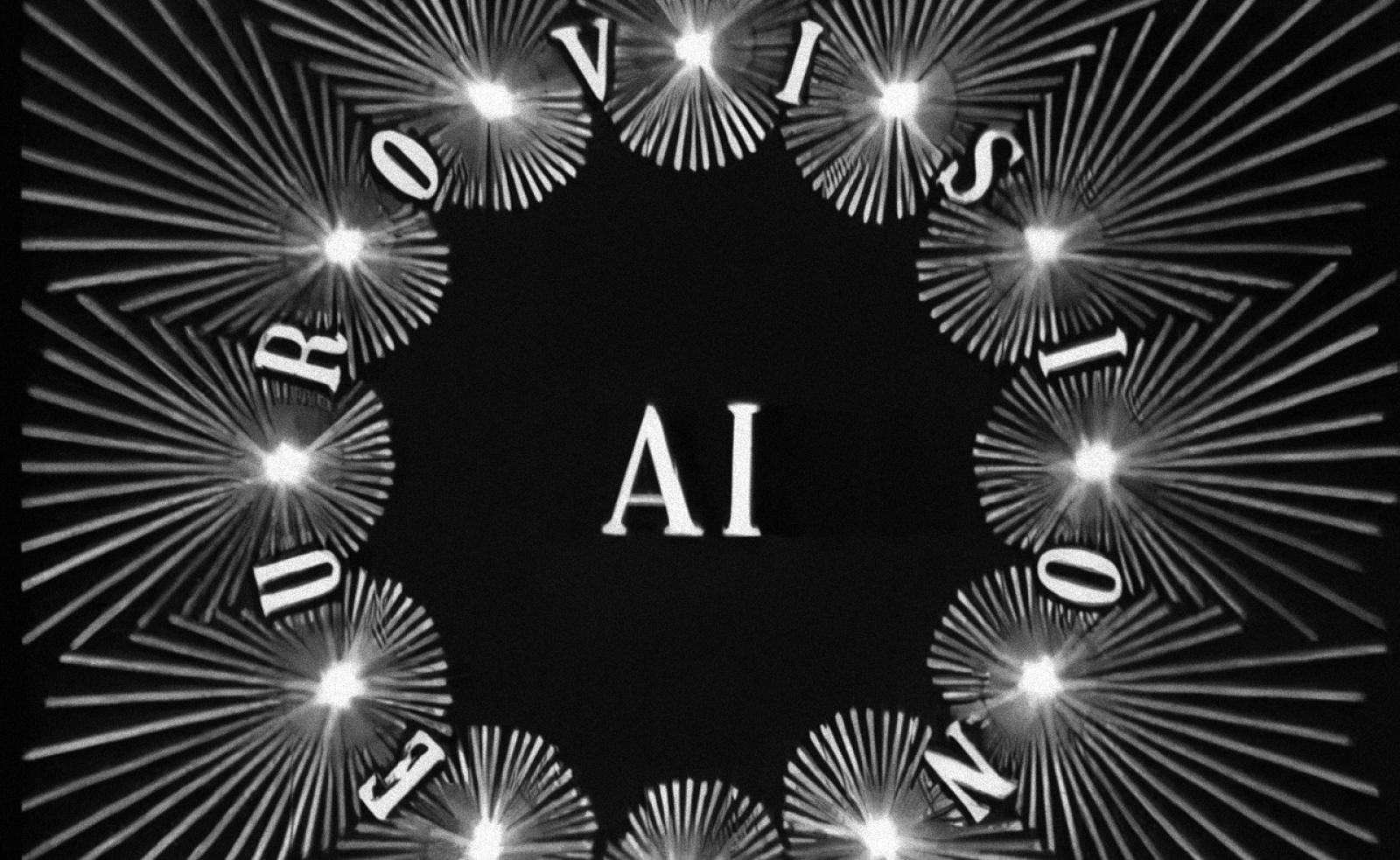A margine dell'ormai storico discorso sulla liberalizzazione della ricerca sulle staminali embrionali, il presidente Obama ha presentato un memorandum volto a "ristabilire l'integrità scientifica nei processi decisionali del governo". Ha poi così continuato:
"Let’s be clear: promoting science isn’t just about providing resources – it is also about protecting free and open inquiry. It is about letting scientists like those here today do their jobs, free from manipulation or coercion, and listening to what they tell us, even when it’s inconvenient – especially when it’s inconvenient. It is about ensuring that scientific data is never distorted or concealed to serve a political agenda – and that we make scientific decisions based on facts, not ideology...That is why today, I am also signing a Presidential Memorandum directing the head of the White House Office of Science and Technology Policy to develop a strategy for restoring scientific integrity to government decision making. To ensure that in this new Administration, we base our public policies on the soundest science; that we appoint scientific advisors based on their credentials and experience, not their politics or ideology; and that we are open and honest with the American people about the science behind our decisions".
Guarda il discorso completo


